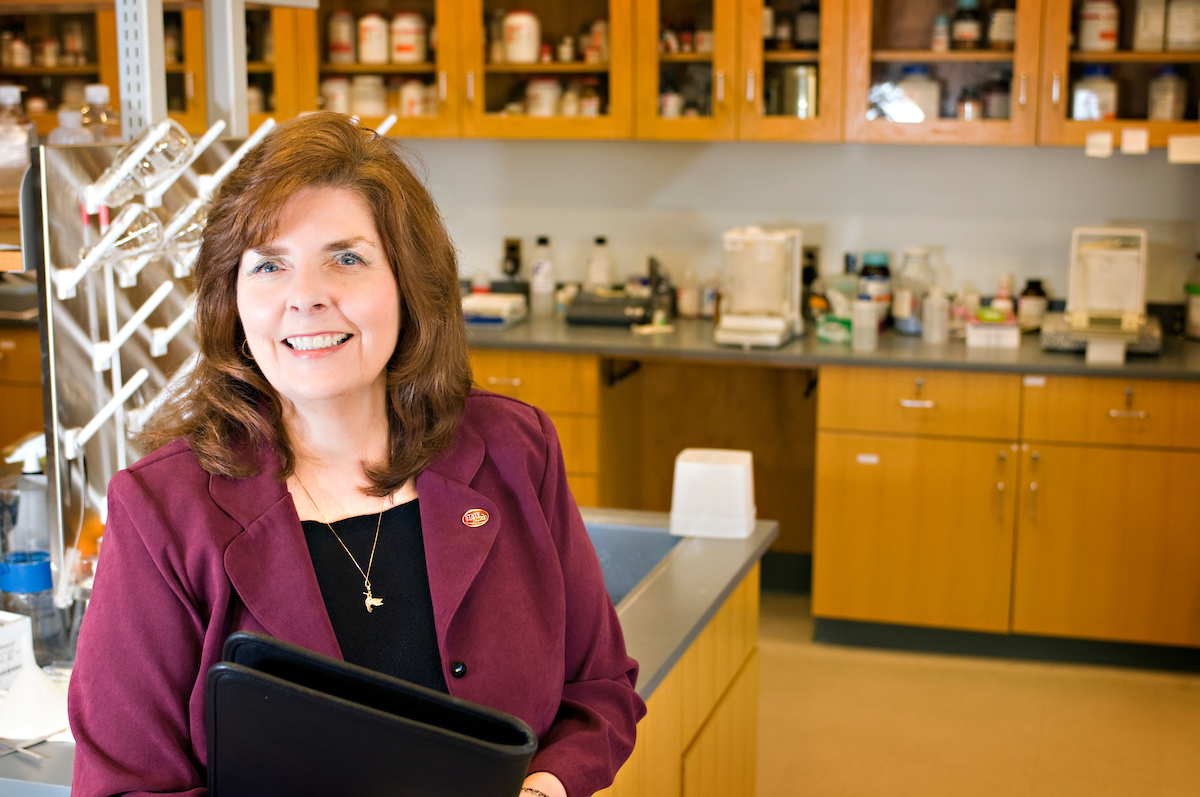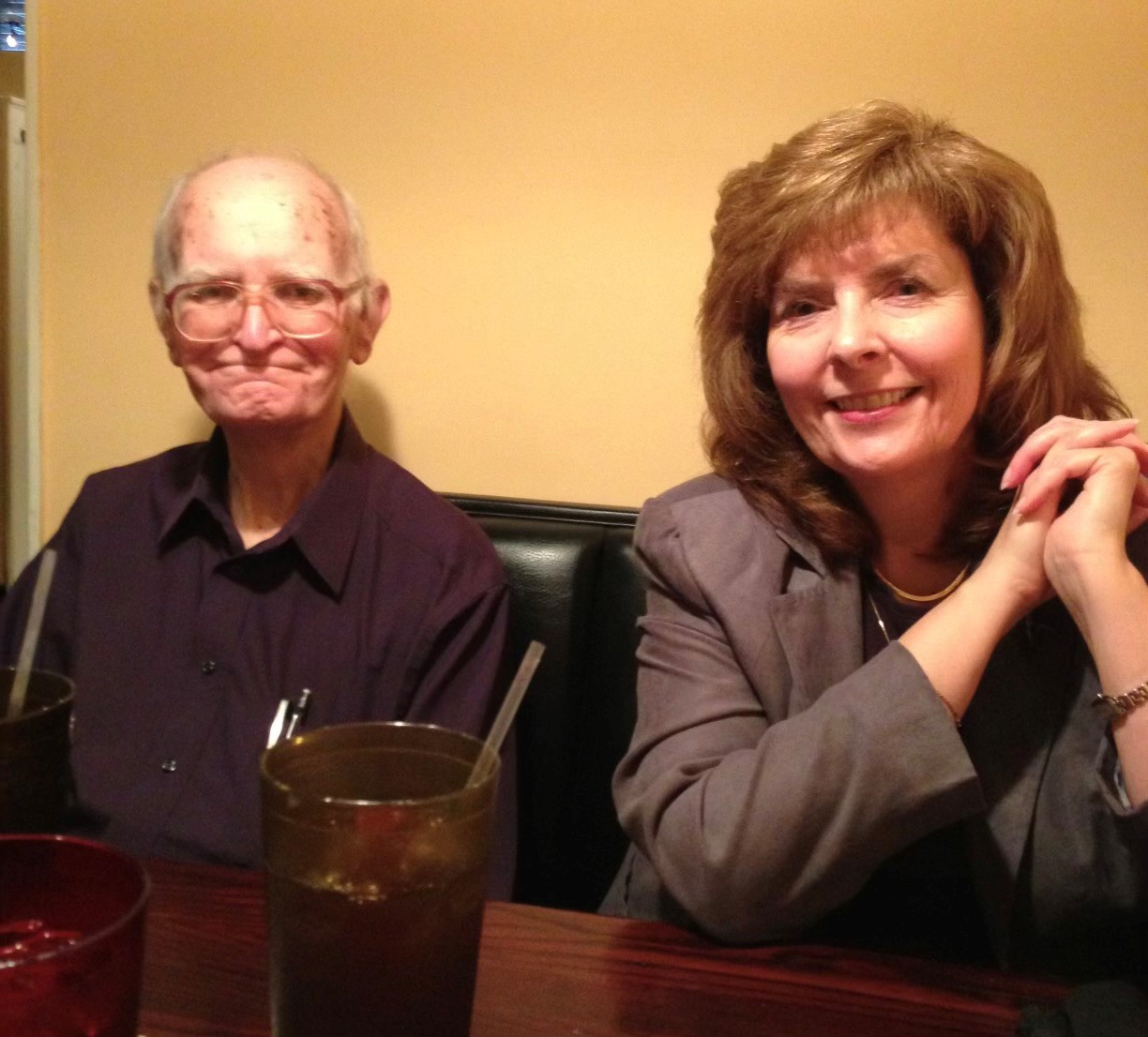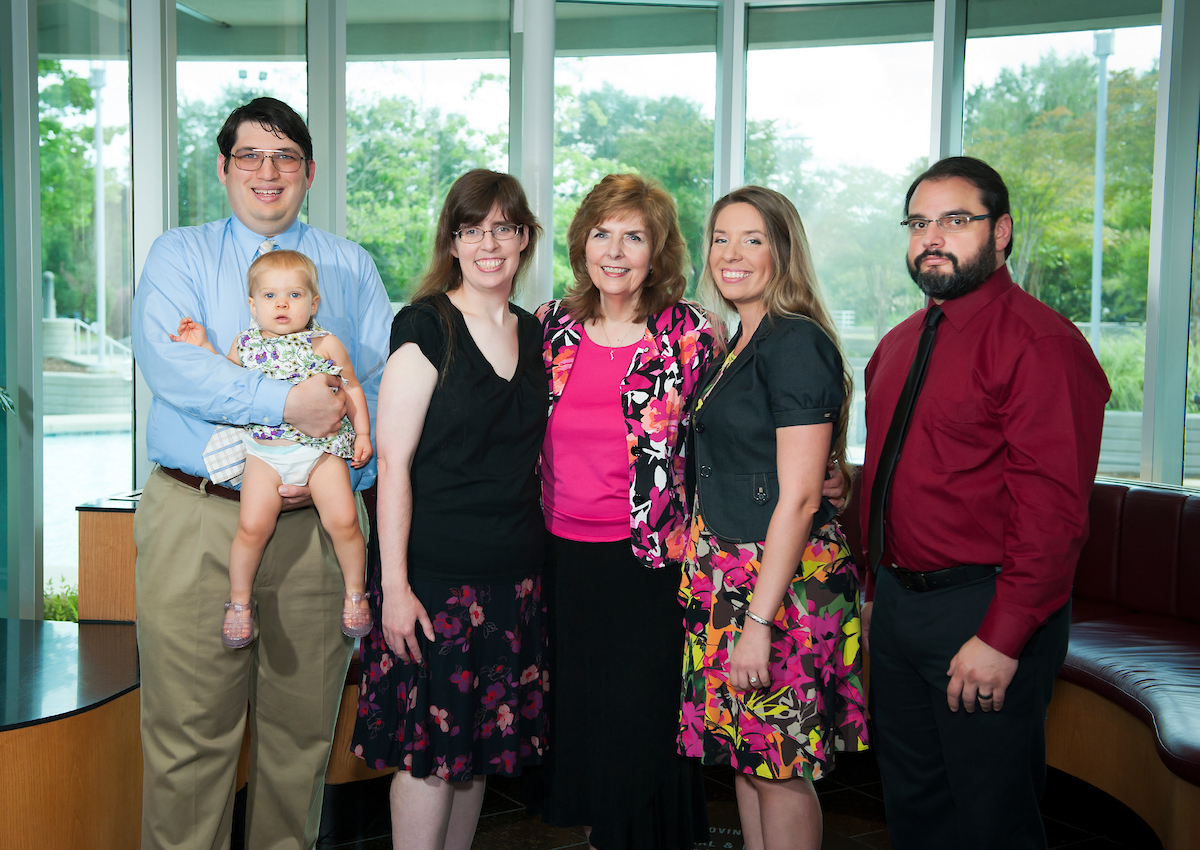As a new graduate from the University of San Francisco in 1969, Jan Chambers traveled over two thousand miles from Berkeley, California, to Starkville, Mississippi, to begin a new journey. A newlywed, her late husband Dr. Howard Chambers had started a new position at the entomology department at Mississippi State University, and she began her graduate work.
“The land grant mission is something that Howard and I were both interested in, including pesticides and agriculture, so this was a really good place to have that as a guiding force for developing my toxicology research program,” said Chambers.
After earning her Ph.D. in animal physiology at MSU in 1973, Chambers started working in the biology department. In 1990, the late MSU College of Veterinary Medicine (CVM) Dean Dr. Dwight Mercer recruited Chambers to start a toxicology program at the CVM. Chambers established the Center for Environmental Health Sciences, where experts from different MSU units collaborate to maintain and improve the quality of environmental health in Mississippi, the nation, and the world.
As the center director for 33 years, Chambers has served as the principal investigator (PI) for more than $30 million in competitive grant funding. But her most notable work all started in 2007 on a paper napkin over lunch with her husband and one of her former graduate students who was serving in the Air Force.
“The student said, ‘What we really need is a nerve agent antidote that can get into the brain.’ Howard pulled out his pencil and started writing on a napkin and drew out a chemical structure. The former student was in a position to get funding for initiating the project, and we started working on the research with a little bit of Department of Defense funding,” explained Chambers.
Since then, Chambers and her team have made great strides in developing a better antidote for chemical threat agents that can enter the brain and reverse early biochemical toxic effects before long-term effects, like brain damage, set in.
“We’re hoping this therapeutic will be available for warfighters and civilians to not just save their lives but also to save their brains. That’s the intent,” said Chambers.
Her research, teaching, and service have led to Chambers receiving the honorary distinction of a Giles Distinguished Professor at MSU, and in 2022, she was named a Fellow of the American Association for the Advancement of Science. MSU CVM Dean Dr. Kent Hoblet called Chambers’ work ethic and passion for science “simply amazing!”
“After 50 years, Dr. Chambers is still very productive and remains super successful in securing funding in a highly competitive environment,” said Hoblet. “The importance of her work cannot be overstated, as it stands to greatly improve the outcomes of our troops and citizens in the event they should be exposed to chemical attacks or an accidental spill. Dr. Chambers’ efforts have been repeatedly recognized on both national and international levels. She brings great exposure to Mississippi State University and our College of Veterinary Medicine.”
While most employees would be planning their retirement after half a century of service, Chambers said she is energized by continuing to see students do well on exams, receiving a new grant, and discovering new results in the lab.
“I’ve got the facilities I need. I work with people who are wonderful. I’ve got three long-term staff members in my group who have been with me for 15 to 20 years. They trust me; I trust them,” said Chambers.
When she’s not with her work family, Chambers enjoys spending time with her two daughters and their families. Both daughters work in the academic field, carrying on their parents’ legacy, and for Chambers, part of her motivation stems from carrying on her husband’s legacy. The invention that started on a paper napkin is now patented and licensed by a pharmaceutical company that will help develop the antidote if the results continue to look positive.
“Howard was brilliant, and it was a lot of fun working with him for all those years,” said Chambers. “The group of compounds that he developed will hopefully help others one day if a chemical threat disaster occurs. If he hadn’t thought of that platform, we would not be working on this aspect of research right now.”
For more details about MSU’s College of Veterinary Medicine, visit www.vetmed.msstate.edu.
Mississippi State University is taking care of what matters. Learn more at www.msstate.edu.



